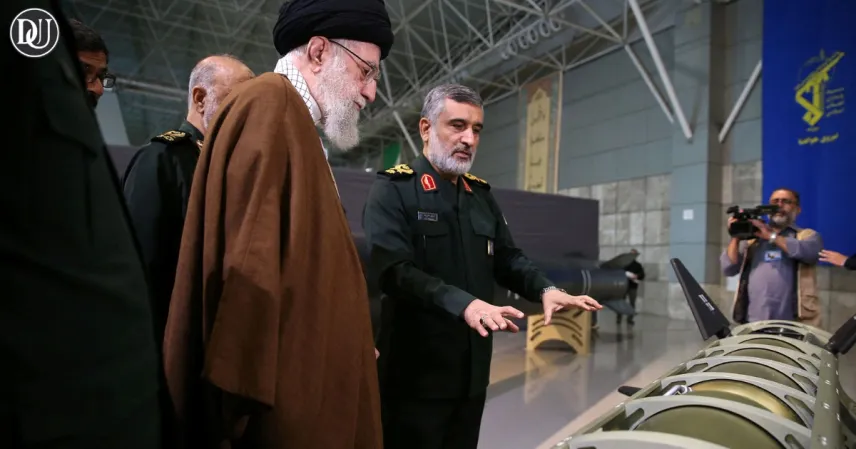The ongoing Iran Israel war has escalated significantly, plunging the Middle East into heightened turmoil. Recent missile strikes, military responses, and international interventions have sparked fears of a broader regional conflict. With involvement from global powers like the United States and emergency sessions at the United Nations Security Council, the crisis is drawing attention from across the globe.
This latest escalation marks a dramatic turn in the already tense relationship between Iran and Israel, with both countries openly exchanging threats and military action.
Missile Strikes Spark U.S. Involvement
On June 23, a missile strike reportedly launched by Iran targeted Israeli military positions. Israel responded swiftly with precision airstrikes, hitting key Iranian military infrastructure in Syria and beyond. The situation intensified when the U.S., citing threats to its regional assets, conducted strikes on suspected Iranian nuclear-related facilities.
This intervention added a new layer to the conflict, further complicating the fragile geopolitical equation in the Gulf. The Strait of Hormuz, a critical oil passage, has seen increased military presence and patrols in response.
Khamenei and Netanyahu Exchange Blame
Iran’s Supreme Leader Ayatollah Ali Khamenei condemned the Israeli and U.S. actions, calling them acts of aggression. He warned that Iran would not back down from what he called “defensive retaliation.” Israeli Prime Minister Benjamin Netanyahu, meanwhile, declared that Israel has the right to defend itself against any regional threats.
Both leaders have stood firm, making it clear that neither side intends to de-escalate without international pressure.
Trump’s Statements Fuel Diplomatic Fire
Former U.S. President Donald Trump added to the global discourse by calling for peace while also justifying recent American military actions. His comments stirred controversy, as critics noted the irony of promoting peace after authorizing strikes.
Despite not holding office, Trump remains influential in American foreign policy debates, and his involvement adds a political angle to the military standoff.
United Nations Calls for Emergency Session
As the iran israel war continues, the United Nations Security Council has convened for an emergency meeting. Member nations have expressed deep concern about the potential for nuclear escalation and the destabilization of the entire Middle East region.
While some countries are calling for restraint, others are urging for stronger action against Iran. The divide reflects the complex international alliances that shape this ongoing conflict.










